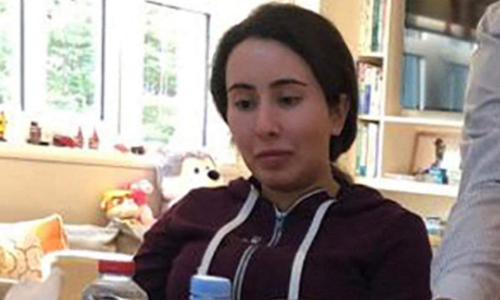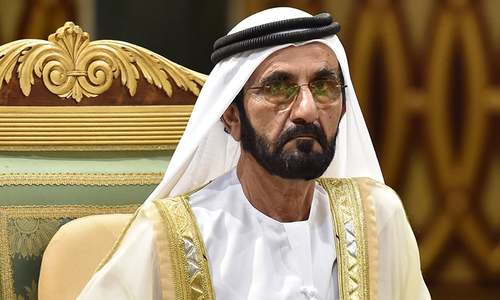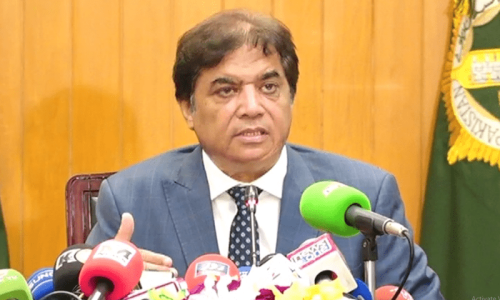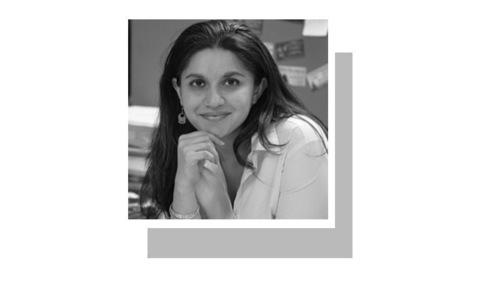Britain said on Wednesday it wants to see proof that Sheikha Latifa, one of the ruler of Dubai’s daughters, is still alive after the BBC published a “deeply troubling” video in which she said she was being held against her will in a barricaded villa.
“Given what we’ve just seen, I think people would just at a human level want to see that she’s alive and well,” British Foreign Secretary Dominic Raab told Sky News television when asked whether he would support seeing some kind of proof from the United Arab Emirates that Sheikha Latifa was alive.
Britain is concerned about the footage and the United Nations will be following up on the video, Raab told the BBC.
The Dubai government’s media office referred questions about the video to Dubai ruler Sheikh Mohammed bin Rashid al-Maktoum’s law firm, which did not immediately respond to a request for comment.
In the video, published by the BBC as part of the Panorama current affairs programme, Latifa, 35, said: “I am a hostage and this villa has been converted into a jail.”
She said she was making the video in the bathroom of the villa, the only room she could lock herself into, adding: “All the windows are barred shut, I can’t open any window.”
Reuters could not independently verify when or where the video was recorded.
“It’s deeply troubling and you can see a young woman under deep distress,” Raab said.
Sheikha Latifa binte Mohammed al-Maktoum drew international attention in 2018 when a human rights group released a video made by her in which she described an attempt to escape Dubai.
Last March, a London High Court judge said he accepted as proved a series of allegations made by Sheikh Mohammed’s former wife, Princess Haya, in a legal battle, including that the sheikh ordered the abduction of Latifa. The sheikh’s lawyers rejected the allegations.
Asked if Britain would impose sanctions on the UAE after the video, Raab said: “It’s not clear to me that there would be the evidence to support that.”
He further said that the UK does not shirk its responsibilities in sensitive cases such as this.
“It’s not as simple as saying well we could apply sanctions. There is a very strict legal threshold,” the foreign secretary told BBC Radio on Wednesday.
“When there’s a human rights issue or a very sensitive case we do not shirk our responsibilities.”

















































